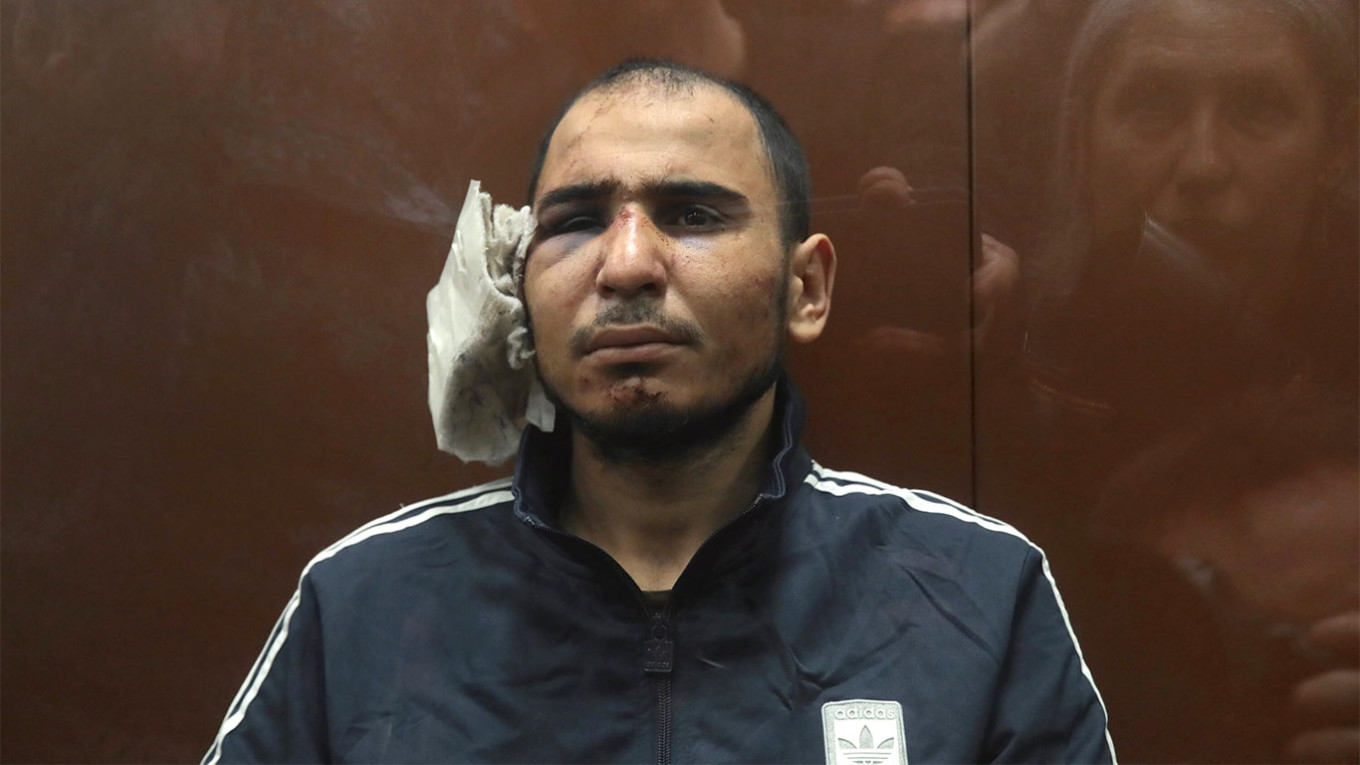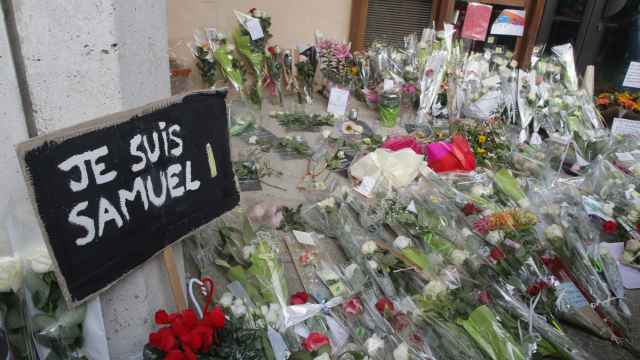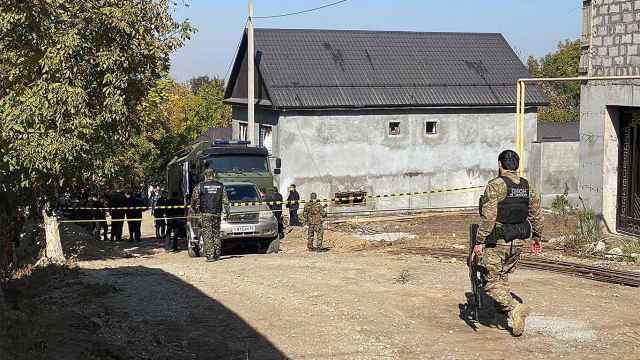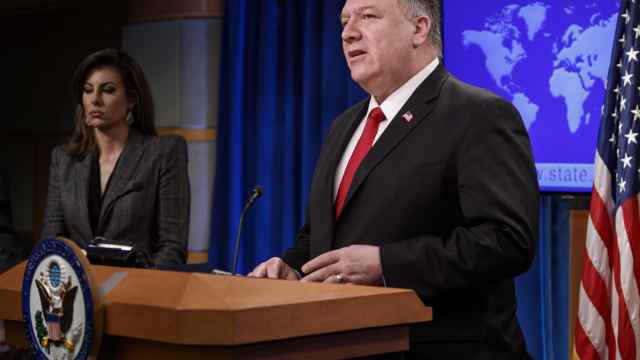Shortly after Russian law enforcement was captured the four suspects of the Crocus City Hall terror attack – now agreed to be the work of Islamic State in Khorasan Province (ISIS-K) extremists – images indicating their torture surfaced for the whole world. To the joy of many pro-war and ultranationalist social media channels, a video of suspect Rajab Alizade having his ear cut off and being forced to eat it had surfaced.
Another suspect, Shamsiddin Fariduni, was pictured lying down with his jeans lowered and being electrocuted by wires attached to his genitals. By the time all four suspects appeared in court for their trial on March 24, and were found guilty two days later, it was obvious that all of them had undergone some level of torture since their capture.
It is unclear to what extent that torture was done at the behest of orders from the Kremlin. However, there is no evidence of the responsible Russian law enforcement employees facing disciplinary action. Regardless, the decision to use violence towards the suspects so visibly is best explained by the desire to not only instill fear in other extremists considering committing any terrorist act inside Russia, but also to show that despite the terrible violence they committed, they are ultimately weak and vulnerable.
Whilst some segments of Russia’s population may be satisfied by this perceived act of vengeance, it will also turn the suspects into martyrs to be used in Islamic State propaganda. Furthermore, it shows that the Russian state may be trying to deflect from the fact that its global efforts to fight IS militants and its invasion of Ukraine have only made the country more vulnerable to such attacks in the future.
If the West’s "Global War On Terrorism" showed anything, it is not only that using torture has an insignificant effect in countering terrorism, but its use acts as a prime catalyst for recruitment.
When images surfaced in 2004 of U.S. soldiers posing happily next to tortured suspects at the Abu Ghraib prison black site, coupled with graphic descriptions of the torment these prisoners were subject to, they called the reputation of the U.S. efforts to counter-terrorism into question. They also boosted the recruitment tactic of the very militant groups Washington was fighting.
It did this by giving fuel and material that could be used to support the existing narratives those groups cultivated through their propaganda about the U.S., radicalizing recruits into joining their ranks. Indeed, IS-affiliated media has already released posters declaring that the torture of the Moscow attack suspects will only increase their thirst for the blood of Russian civilians and soldiers alike.
When coupled with the increasingly hostile treatment in Russia of migrants from the suspects’ home region of Central Asia, who are also the main target of recruitment by ISIS-K and other terrorist groups, this provides the needed conditions for a terrorist propaganda campaign to be successful.
Moreover, broader scrutiny of the U.S. Central Intelligence Agency’s Rendition, Detention and Interrogation concluded that torture was not effective at producing actionable intelligence for militaries and intelligence services to use. According to scholarly literature, the pain that subjects of torture were put through not only undermined memory recall but also failed to alter the willingness of subjects to divulge valuable information. However, it did not help that many of the suspects held at black sites like Abu Ghraib were not even terrorists.
Despite the context of the torture inflicted by Russian law enforcement being different, it is clear engaging in such torture of the subjects was unlikely to provide valuable information that would help counter ISIS-K and IS central more broadly, whilst also calling into question the reliability of any evidence that the Russian state would wish to present based on the confessions of those suspects.
It is also indicative of how the Russian state often prioritizes a show of strength to the detriment of its security and internal stability. When coupled with unsubstantiated claims that Ukraine was involved in the attack, the showcasing of such torture the Kremlin may be trying to show it is serious about combating the threat from IS without diverting military, intelligence, and financial resources from the invasion of Ukraine to deal with it.
Equally, the torture of the suspected attacker distracts from the fact that despite a sustained campaign to fight IS affiliates across Africa and in Syria, Russia has been unable to tackle the threat these groups pose to its soldiers and civilians. Islamic State-affiliated militants in Africa and Syria have inflicted losses against Russian military personnel and private military contractors through ambushes and IEDs. Additionally, in Sept. 2023, two members of staff at the Russian embassy in Afghanistan’s capital Kabul were killed in a suicide bombing.
ISIS-K and IS Central’s calls for violence against the Russian state have only been getting more vocal, with ISIS-K going as far as alluding to the opportunity presented by its weakness in light of the Wagner mutiny. This makes it likely that if Russia continues to prioritize resources for the continuation of its continue its resources in Ukraine, the threat from the terrorist group will only get worse. Furthermore, it acts as a form of encouragement for any other extremist group seeking to conduct similar attacks in the future.
A Message from The Moscow Times:
Dear readers,
We are facing unprecedented challenges. Russia's Prosecutor General's Office has designated The Moscow Times as an "undesirable" organization, criminalizing our work and putting our staff at risk of prosecution. This follows our earlier unjust labeling as a "foreign agent."
These actions are direct attempts to silence independent journalism in Russia. The authorities claim our work "discredits the decisions of the Russian leadership." We see things differently: we strive to provide accurate, unbiased reporting on Russia.
We, the journalists of The Moscow Times, refuse to be silenced. But to continue our work, we need your help.
Your support, no matter how small, makes a world of difference. If you can, please support us monthly starting from just $2. It's quick to set up, and every contribution makes a significant impact.
By supporting The Moscow Times, you're defending open, independent journalism in the face of repression. Thank you for standing with us.
Remind me later.








